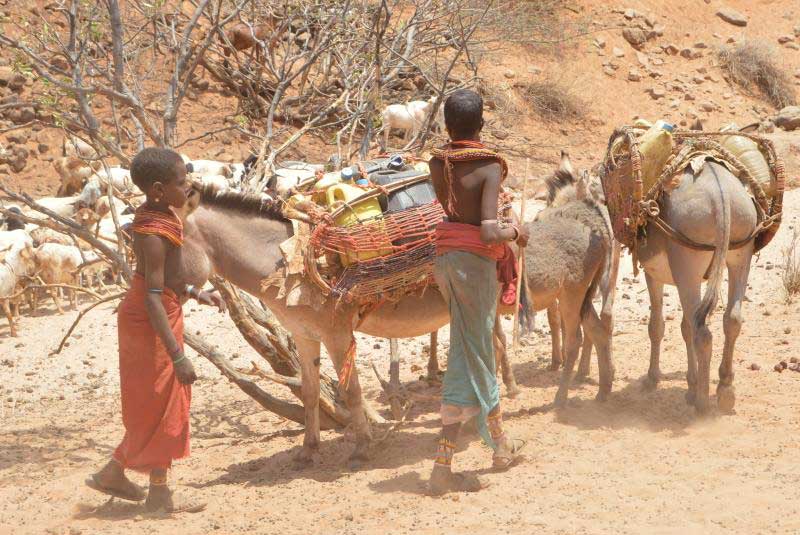×
The Standard e-Paper
Home To Bold Columnists

Virginia Wangare depends on her two donkeys to transport water, firewood and farm produce to the market and back.
However, she is now planning to sell her treasured animals for fear of losing them.